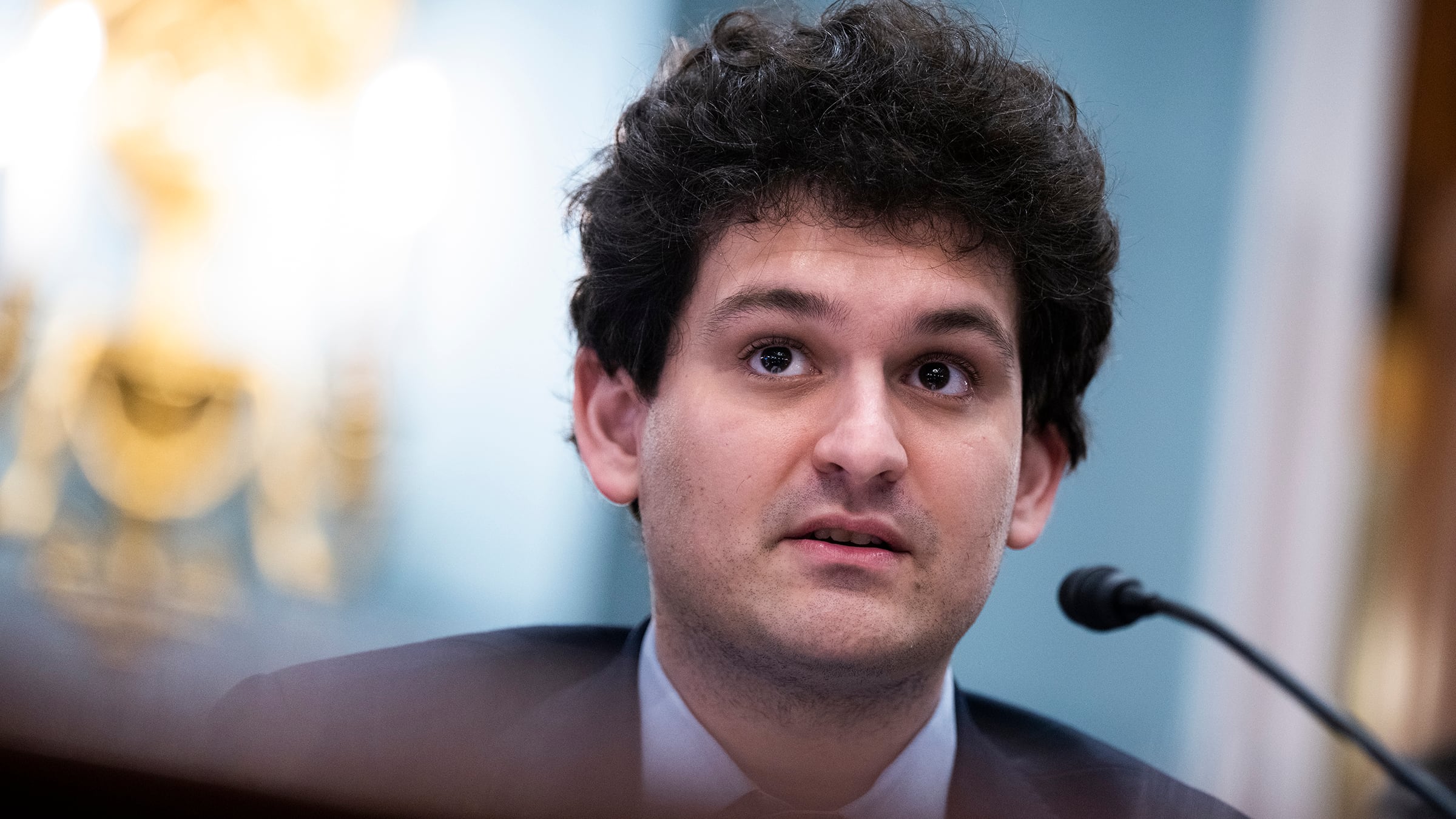Six months ago, billionaire Sam Bankman-Fried spent millions to install his pet candidate in Oregon’s new U.S. congressional seat. Now, the crypto companies that made him rich are bankrupt.
Bankman-Fried, a resident of the Bahamas, upset the political order in Oregon last spring by spending $11.4 million to back political newcomer Carrick Flynn’s bid in the state’s new U.S. House District 6. Bankman-Fried’s investment failed in May when former state Rep. Andrea Salinas of Lake Oswego beat Flynn 37% to 19% in the Democratic primary, with the remainder of the votes going to a deep field of other candidates.
Bankman-Fried could use that money now. Yesterday, he tweeted that he was closing down his crypto trading firm, Alameda Research, and he apologized for negligence that pushed his FTX crypto exchange to the edge of insolvency.
“I f*cked up,” Bankman-Fried said on Twitter, “and should have done better.”
Today, FTX, Alameda, and 130 other affiliated companies declared bankruptcy, and Bankman-Fried resigned as CEO of FTX, the company said in a statement. Bankman-Fried, 30, will stick around to “assist in an orderly transition,” FTX said.
FTX is the latest victim of crypto’s crash. Bitcoin, the best-known crypto currency, has fallen 75% in the past year. It trades at $16,737 today, down from an all-time high of $66,339 in November 2021.
FTX failed because it loaned billions in customer assets to Alameda, which used them to make risky trades, according to The Wall Street Journal. Alameda owes FTX about $10 billion, people familiar with the matter told the Journal.
Customers pulled $5 billion out of FTX earlier this week, spurring an old-fashioned bank run, something crypto was supposed to prevent because owners could hold the digital currency without help from a third party, like a bank.
Bankman-Fried tried all week to keep FTX alive. He had a savior, briefly. Rival crypto exchange Binance had agreed Tuesday to buy FTX, then backed out a day later, saying it was too sketchy.
“The issues are beyond our control or ability to help,” Binance said in a tweet.
To understand what happened, imagine you had a bunch of stocks and bonds at Charles Schwab, and say Chuck loaned them out to a hedge fund like Long Term Capital Management (RIP, 2000), which then lost them in risky trades. You hear rumblings about the losses and try to get your money back, but Schwab says you can’t have it.
In his lengthy mea culpa on Twitter, Bankman-Fried apologized for a number of gaffes, including lack of transparency.
“I should have said more,” Bankman-Fried said. “I’m sorry—I was slammed with things to do and didn’t give updates to you all.”
It’s a long fall from grace for Bankman-Fried, who was the friendly face (and bad haircut) of crypto until just a few weeks ago. He wooed national Democrats by giving $6 million to the House Majority PAC in April. Around the same time, the PAC started backing Flynn in his primary race against Salinas. The contributions to Flynn shocked the state’s Democrats because the House Majority PAC normally gave only to Democrats in races against Republicans, not against each other.
Flynn, 35, grew up in Vernonia, where a flood destroyed his family’s house and forced them into the street. He went on to attend Yale Law School and take jobs at a series of think tanks. He helped the Biden administration with its pandemic strategy, consulted for a foundation backed by a Facebook fortune, and did research at Georgetown University.
Along the way, Flynn became friends with Bankman-Fried’s brother, Gabriel. In May, long after Sam had started contributing to his campaign, Flynn told WW he had “never been in contact with Sam at all.”
Flynn led Salinas in polls for a time as Bankman-Fried’s millions helped put him (and his flannel shirts) on television screens across the new 6th District for months. In the end, however, he fell short.
Now, his benefactor is falling short of something worse than votes: cash. He did not come through with contributions for the general election that the House Majority PAC had expected.
And Salinas? She leads her Republican rival, Mike Erickson, in the general election and appears poised to become Oregon’s sixth U.S. congressperson. Her campaign didn’t immediately return an email seeking comment.
